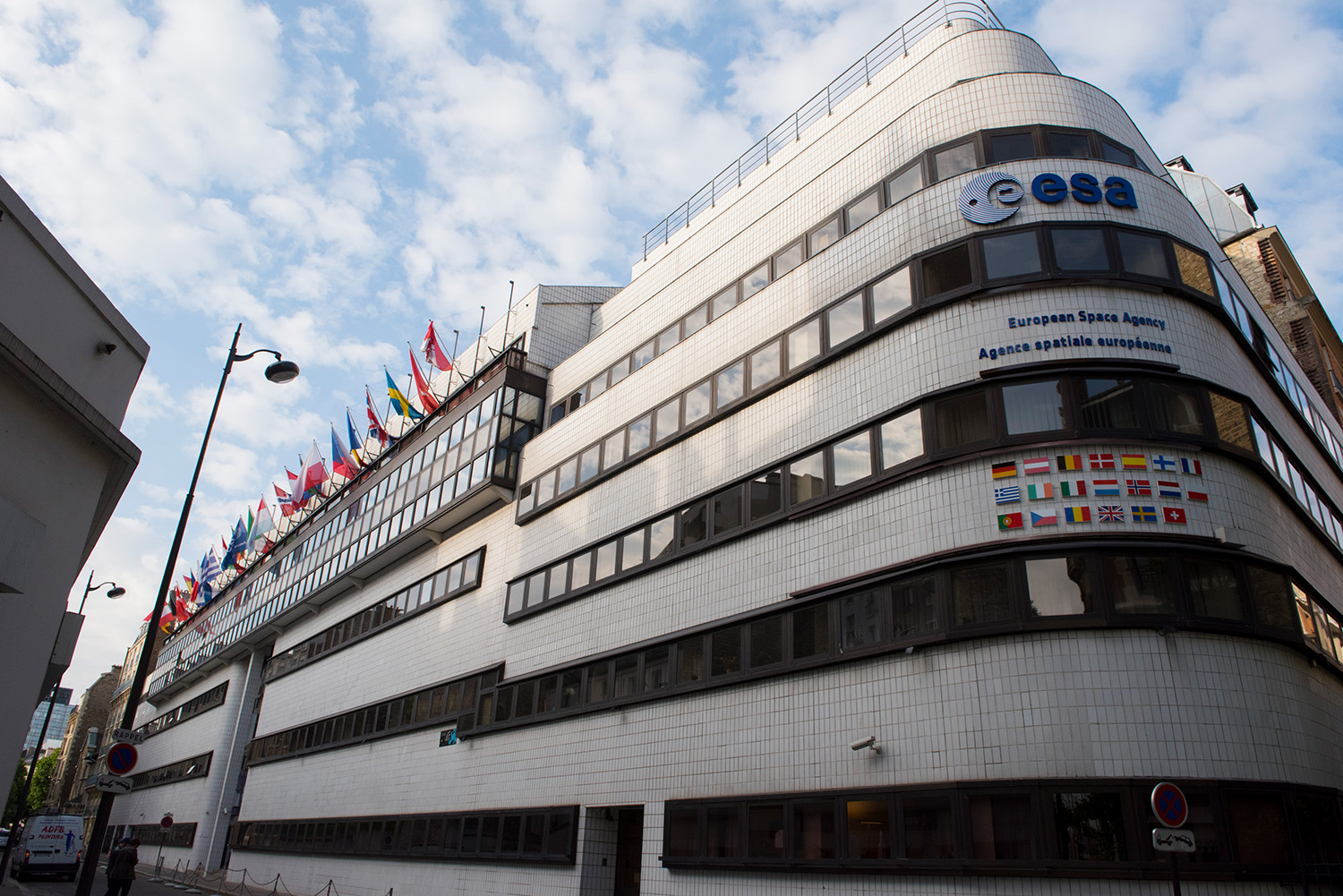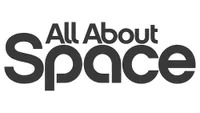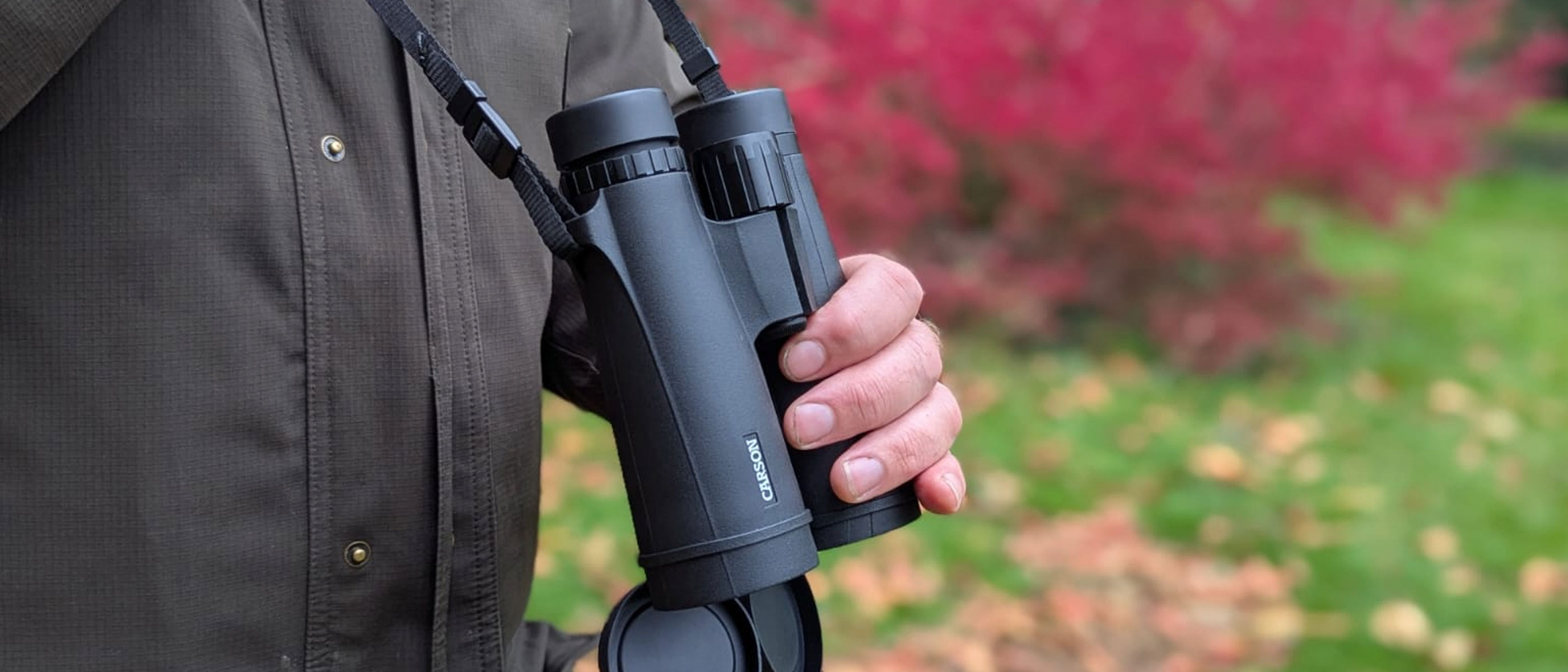Coronavirus outbreak prompts European Space Agency to impose travel restrictions

The European Space Agency (ESA) has implemented "clear measures" as the organization deals with the impact of coronavirus, the agency's director-general said in an update.
There are about 2,200 staff working for ESA, according to agency numbers. Besides that, thousands more people come into contact with agency staff regularly through research, contracts and other opportunities.
Measures such as restricted travel at ESA have now been implemented with the rise of coronavirus, the ESA blog post stated. The illness has nearly 100,000 cases reported worldwide, including more than 4,000 cases in ESA member state Italy, according to information from Johns Hopkins University. While most people have recovered from the illness, around 3,500 deaths have been reported globally.
Related: NASA tests telecommute plan amid coronavirus worries
"Each and every one of us ... must act responsibly to help counteract the coronavirus, including through minimizing travel, avoiding events attended by many people, washing our hands regularly and finally contacting a doctor immediately in the event that we develop the by now well-known symptoms," director-general Johann-Dietrich Wörner said in the blog post.
According to the World Health Organization, people with coronavirus typically have flu-like symptoms such as fever, cough and respiratory troubles; more severe cases can lead to issues such as pneumonia or kidney failure.
Wörner said the hyperconnected nature of our world, in general, presents "a fertile breeding ground for the global spread of such a virus." Even ESA has had its struggles with preventing the spread of the virus, since operations such as working with satellites do require gatherings of people, he added.
Breaking space news, the latest updates on rocket launches, skywatching events and more!
ESA has another major milestone to work through quickly amid the spread of coronavirus. Next week, representatives from ESA and the Russian space agency, Roscosmos, will meet to come to a decision about whether to launch the ExoMars rover, Rosalind Franklin, this summer, as planned.
The rover has faced a few obstacles to its development, including repeated failed parachute tests and some difficulties in bonding the rover's solar panels. If the rover must be delayed, the mission will need to wait about 26 months until Earth and Mars are close enough in their respective orbits to launch a spacecraft to the Red Planet again.
- Dramatic effect of coronavirus lockdowns seen from space
- Coronavirus isn't stopping China from launching rockets
- Despite coronavirus worries, some space industry events to continue as planned
Follow Elizabeth Howell on Twitter @howellspace. Follow us on Twitter @Spacedotcom and on Facebook.
OFFER: Save at least 56% with our latest magazine deal!
All About Space magazine takes you on an awe-inspiring journey through our solar system and beyond, from the amazing technology and spacecraft that enables humanity to venture into orbit, to the complexities of space science.

Elizabeth Howell (she/her), Ph.D., was a staff writer in the spaceflight channel between 2022 and 2024 specializing in Canadian space news. She was contributing writer for Space.com for 10 years from 2012 to 2024. Elizabeth's reporting includes multiple exclusives with the White House, leading world coverage about a lost-and-found space tomato on the International Space Station, witnessing five human spaceflight launches on two continents, flying parabolic, working inside a spacesuit, and participating in a simulated Mars mission. Her latest book, "Why Am I Taller?" (ECW Press, 2022) is co-written with astronaut Dave Williams.

